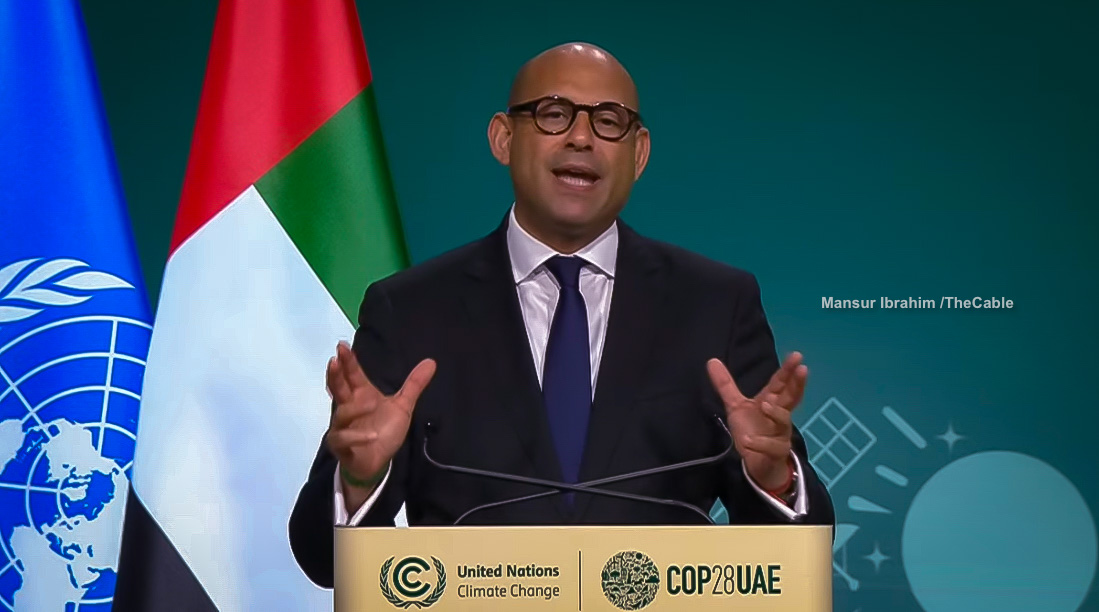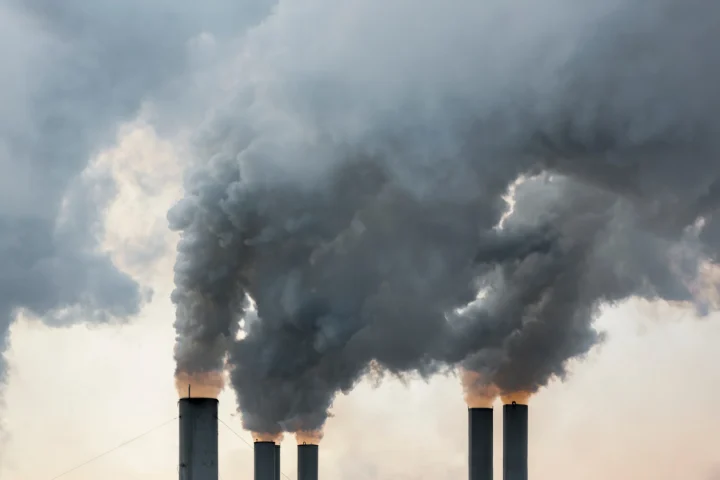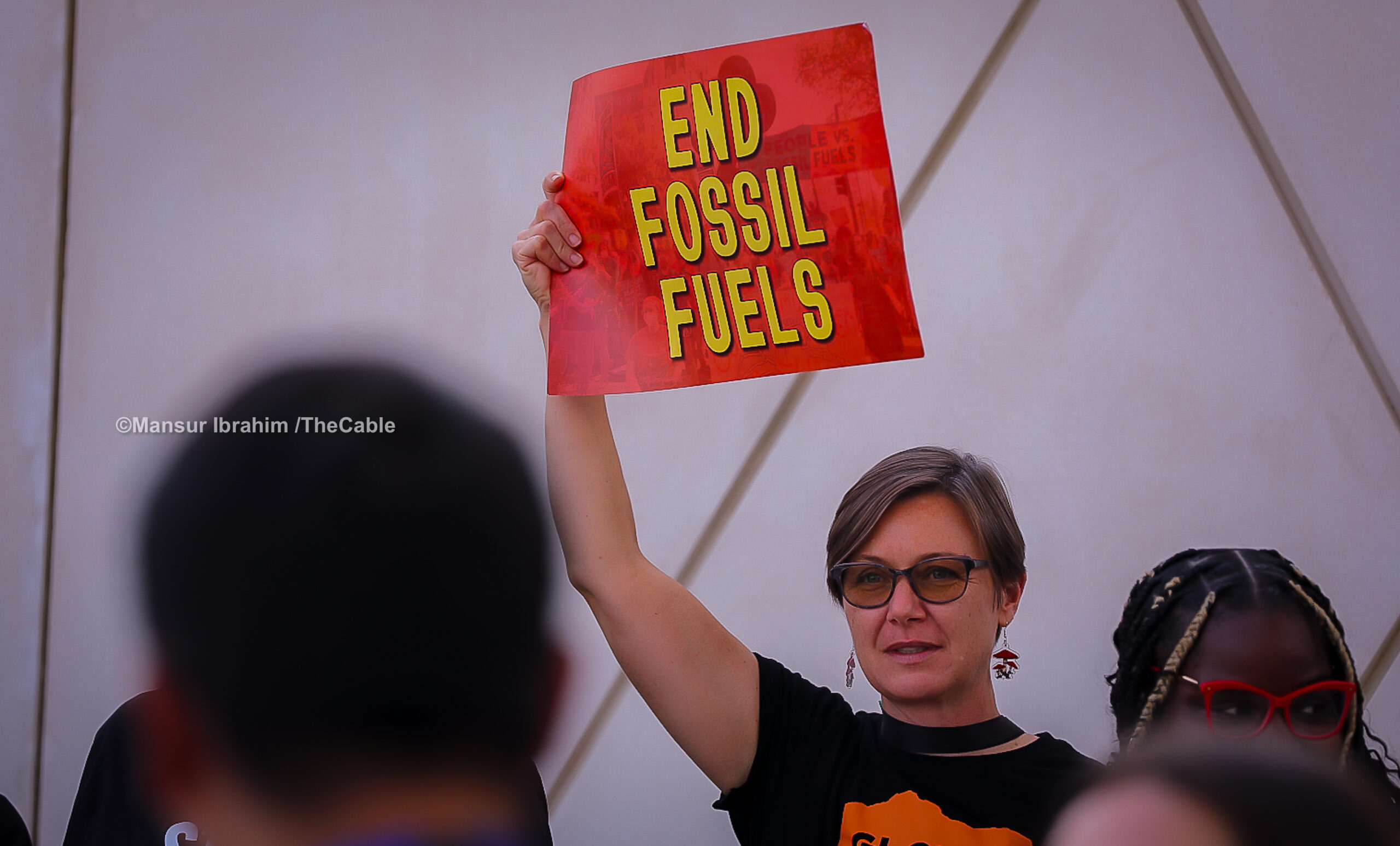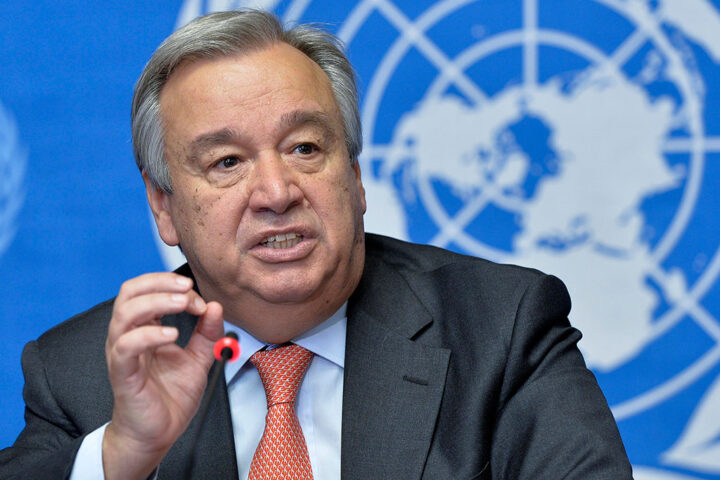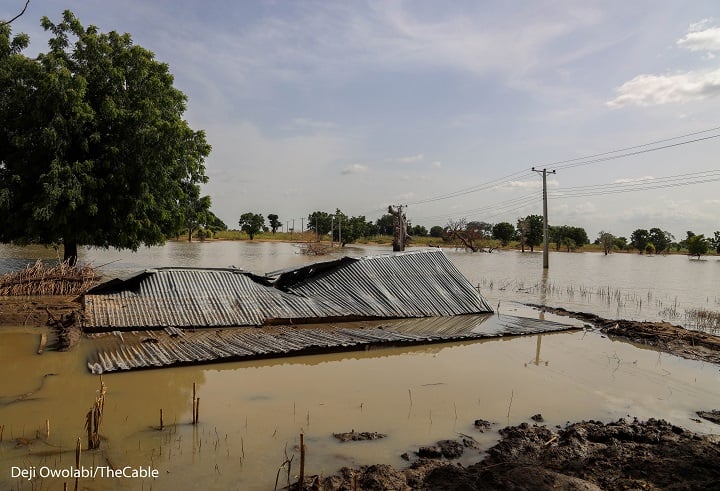Simon Stiell, the United Nations executive secretary
Despite directly impacting our communities, health, and livelihoods, climate-related reports usually take a back seat to dominant news beats like politics and business.
Climate Watch aims to ensure you never miss important stories on climate change and actions being taken toward limiting its impact.
Here is a round-up of last week’s climate stories:
- At the COP28 climate summit, the final draft called on countries to rapidly phase down unabated coal. Countries were also asked to phase out inefficient fossil fuel subsidies that encourage wasteful consumption and which do not address energy poverty or just transitions. The text also called for the acceleration of zero and low emissions technologies, including renewables, nuclear, abatement and removal technologies, such as carbon capture, utilisation and storage, and low carbon hydrogen production, so as to enhance efforts towards substitution of unabated fossil fuels in energy systems. Find out more here.
- After weeks of negotiations at COP28, nations signed an agreement to transition away from fossil fuels and not “phase it out”. Ahmed Al-Jaber, the president of COP28, said it was agreed that fossil fuels would not be phased out totally as proposed by most governments, but called on countries to “transition away”. This is the first time in the history of COP that nations have agreed on a concerted move away from oil, gas and coal. The deal recognises the need for deep, fast and sustained reductions of fossil fuels if humanity is to limit temperature rise to 1.5C. Find out more here.
- The United Nations climate change conference closed COP28 with an agreement that signals the “beginning of the end” of the fossil fuel era. Simon Stiell, the UN climate change executive secretary, said the conference needed to put a stop to fossil fuels. Stiell said “whilst we didn’t turn the page on the fossil fuel era in Dubai, this outcome is the beginning of the end”. He said the world is “currently headed for just under 3 degrees”, adding that all governments need to turn their pledges into real-economy outcomes.
- Global Climate and Health Alliance (GCHA), a body of civil society organisations, has criticised COP28’s failure to “totally” phase out fossil fuels. The health organisations said the full phase-out of fossil fuels is an urgent step towards protecting people’s health. The organisations also criticised the summit’s failure to commit to strong targets for adaptation in building resilient systems for vulnerable people. Jeni Miller, GCHA executive director, said “signals alone are not enough”, adding that only “real action” will protect people’s health. Miller said the failure of the conference to agree to a full and just phase-out is “deeply problematic”. Read more here.
- At COP28, the ministry of youth development in partnership with the African Union Development Agency (AUDA) launched an initiative to empower 1 million Nigerian youths. The project, scheduled to start in January 2024, will focus on programs in agroforestry, land restoration, food cropping, and sustainable practices. Jamila Ibrahim, minister of youth development, said the initiative will unlock opportunities for youths, contribute to job creation and income generation. Read more here.
- In an interview with TheCable, Baliqees Salaudeen-Ibrahim, said the climate conference did not address national commitments on climate adaptation and finance as expected. She added that young people are now moving from advocacy and carrying placards to implementing innovative climate solutions. Salaudeen Ibrahim is the founder of Bays Planet Foundation, She Leads Climate Action, and Girl Up Nigeria. She is also the co-founder of Green Republic Farms Limited, a company that aims to redefine traditional agricultural practices through climate-smart and eco-friendly processes. Watch the full interview here.
Advertisement
Add a comment
